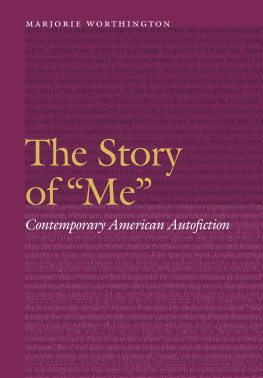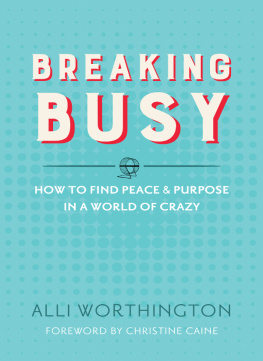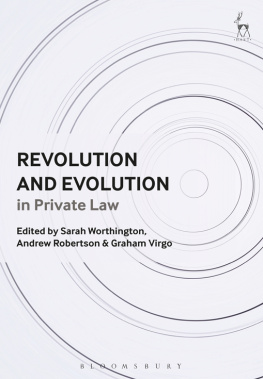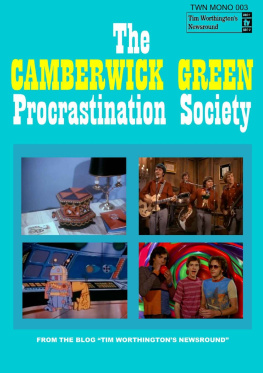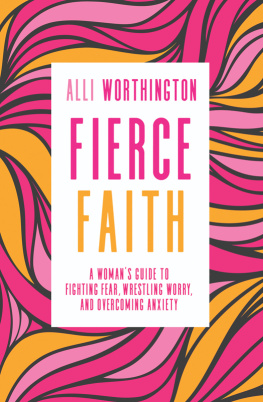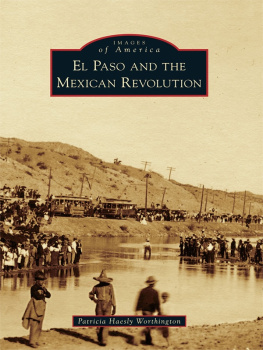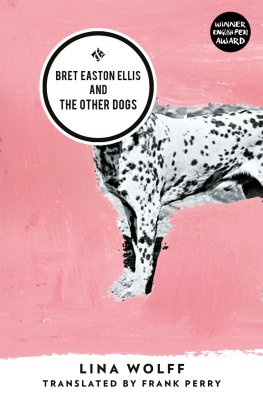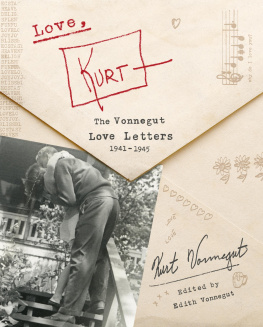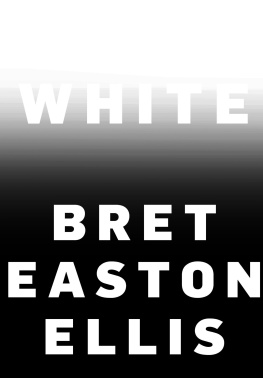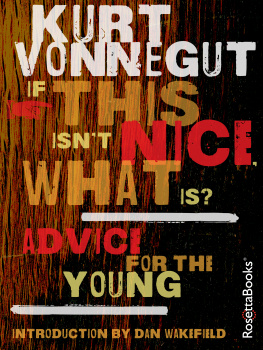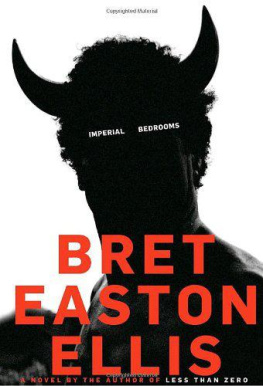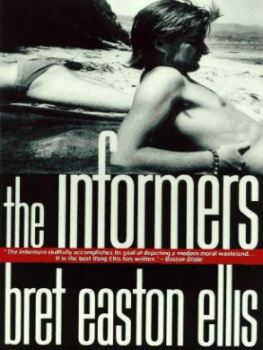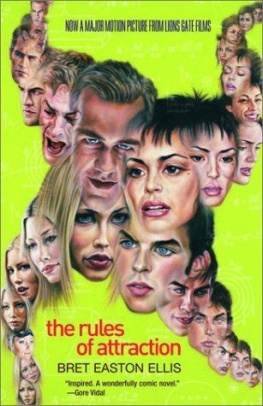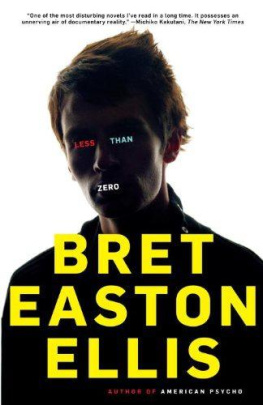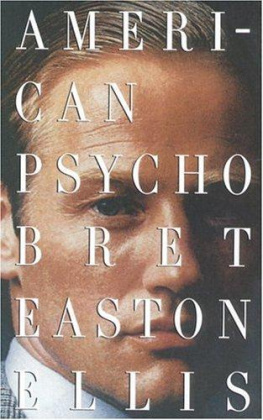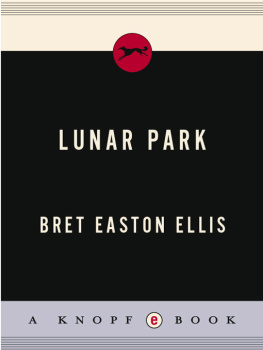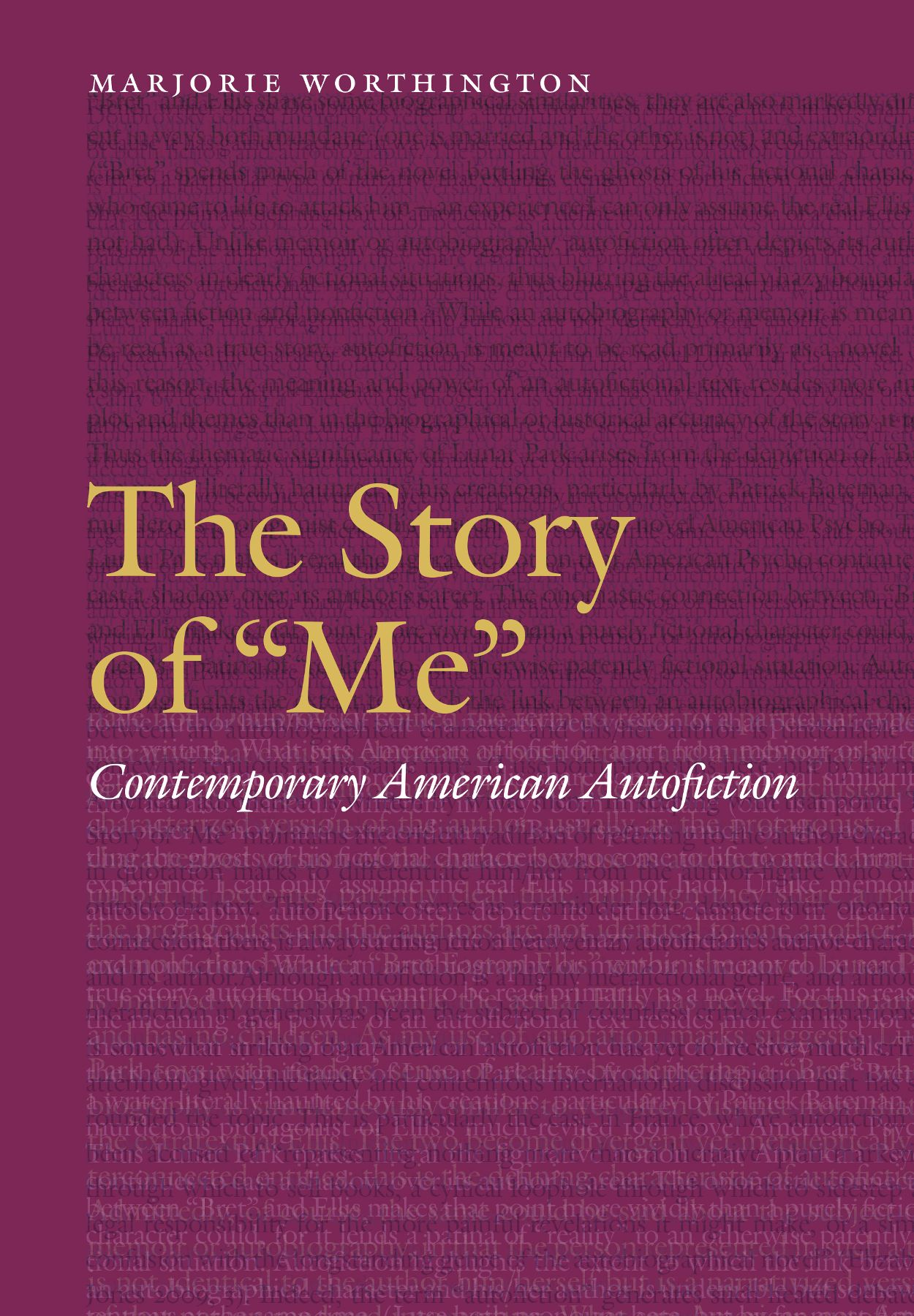
Consistently intriguing and elegantly constructed. The Story of Me should find an appreciative audience, as it highlights not only the existence of this under-remarked-upon genre but also the enormous explanatory power of that genre for thinking through the pressures and issues that postwar literature confronted. The opening chapter is particularly compelling as it traces how we might see the rise of autofiction as a reaction to a supposed crisis of American masculinity.
Daniel Grausam, associate professor of English studies at Durham University and author of On Endings: American Postmodern Fiction and the Cold War
An important and timely contribution. The level of scholarship that has gone into The Story of Me is impressive: discussions are stuffed full of relevant references while remaining highly readable and coherent. The authors grasp of the French context, relevant literary theory, and the American literary landscape is really admirable.
Elizabeth H. Jones, joint academic director of the School of Arts and lecturer in French studies at the University of Leicester and author of Spaces of Belonging: Home, Culture, and Identity in Twentieth-Century French Autobiography
Frontiers of Narrative
Series Editor: Jesse E. Matz, Kenyon College
The Story of Me
Contemporary American Autofiction
Marjorie Worthington
University of Nebraska Press | Lincoln and London
2018 by the Board of Regents of the University of Nebraska
A portion of chapter 1, Masculinity, Whiteness, and Postmodern Self-Consciousness, originally appeared in Genders 1.2 (Fall 2016); A portion of chapter 5, Memoir vs. Autofiction as the Story of Me vs. the Story of Me, originally appeared in Critique: Studies in Contemporary Fiction (July 2017).
Cover designed by University of Nebraska Press.
All rights reserved
Library of Congress Cataloging-in-Publication Data
Names: Worthington, Marjorie, author.
Title: The story of me: contemporary American autofiction / Marjorie Worthington.
Other titles: Contemporary American autofiction
Description: Lincoln: University of Nebraska Press, 2018. | Series: Frontiers of narrative | Includes bibliographical references and index.
Identifiers: LCCN 2017058300
ISBN 9781496207579 (cloth: alk. paper)
ISBN 9781496208736 (epub)
ISBN 9781496208743 (mobi)
ISBN 9781496208750 (pdf)
Subjects: LCSH : Autobiographical fictionHistory and criticism. | American fiction20th centuryHistory and criticism. | American fiction21st centuryHistory and criticism. | Autobiography in literature. | Self in literature. | Postmodernism (Literature)United States.
Classification: LCC PS 374. A 88 W 67 2018 DDC 813/.08209dc23 LC record available at https://lccn.loc.gov/2017058300
The publisher does not have any control over and does not assume any responsibility for author or third-party websites or their content.
For Chris, Maisie, and Charlie
Contents
Countless thanks go to the University of Nebraska Press, especially to Alicia Christensen, Natalie ONeal, Ann Baker, and Elaine Durham Otto, whose editorial expertise and general patience have been invaluable throughout the publication process. I also am grateful to Jesse E. Matz, editor of the Frontiers of Narrative series, for including this book in that outstanding list and for providing such cogent suggestions for improving this work. Thank you to James Phelan and Peter Rabinowitz for their kind attention and encouraging feedback. Several anonymous reviewers have also contributed substantive suggestions, and for those I am grateful. Portions of this work have been published previously, and I thank the journals Genders 1 (Fall 2016) and Critique: Studies in Contemporary Fiction (July 2017) for allowing those selections to be reprinted here.
I would also like to thank the English Department and the College of Arts and Humanities at Eastern Illinois University for providing various grants, leaves, and a sabbatical that provided time for the sustained concentration necessary to complete this work. I am fortunate to have so many supportive colleagues and friends whose encouragement was instrumental, including Dana Ringuette, Melissa Ames, Melissa Caldwell, Angela Vietto, Terri Fredrick, Jad Smith, Tim Taylor, Robert Martinez, and Jean Toothman. Thank you also to Robin Murray and Joe Heumann for connecting me to the University of Nebraska Press. In particular, Joes benevolent yet insistent questioning (Hows the book coming?) was highly motivational.
Thank you to Ann C. Hall for early encouragement and for reading portions of this manuscript as it took shape. And for this project and all things professional, I can never give enough thanks to Judith Roof for her decades of candid advice and unstinting friendship.
As always, I thank Lois, Roland, and Valerie Worthington for their unflagging love for and confidence in me. Neal and Donna Wixson also deserve great thanks. I am grateful to my children, Maisie and Charlie Wixson, for constantly reminding me of everything in life that is more important than work, primarily by being completely uninterested inand more interesting thanmy work. Finally, the lions share of my grateful thanks goes to Christopher Wixson, whose love, support, and understanding make all aspects of my life not only possible but full of joy.
Autofiction in an American Context
It is not that the Author may not come back in the Text, in his text, but he then does so as a guest. If he is a novelist, he is inscribed in the novel like one of his characters, figured in the carpet; no longer privileged, paternal, aletheological, his inscription is ludic. He becomes, as it were, a paper-author: his life is no longer the origin of his fictions but a fiction contributing to his work.
Roland Barthes, From Work to Text
As the scare quotes in the title indicate, The Story of Me analyzes novels that feature a character who shares his/her name with the author, a phenomenon of contemporary American fiction that took shape in the late 1960s and early 1970s and continues in earnest today. Beginning with works like Ronald Suckenicks Up (1968) and Out (1973), John Barths Chimera (1972), and Kurt Vonneguts Breakfast of Champions (1973), the trend has grown in scope and popularity until the present day when it has become a postmodern trope, found in works like Richard Powerss Galatea 2.2 (1995), Arthur Phillipss The Tragedy of Arthur (2011), and Ben Lerners 10:14 (2014). To refer to these novels in which the author appears as a fictionalized character, I use the term autofiction, which has had a long and somewhat contentious history in French literary circles but is not yet widely known in a U.S. context. Regardless of what they are called, however, autofictional texts have been proliferating for decades, and they evoke a variety of cultural anxieties. In a manner similar to actors ironic self-portrayals in film and television, autofictional author-characters often provide a satirical commentary on authors real-life personae. the author and the author-character draws attention to the impossibility of fully delineating the difference between fiction and nonfiction.
The autofictional trope has become so common in American fiction that it almost seems a requirement for contemporary authors to engage in it, yet not only has there been little critical discussion of this trend but there has yet to emerge a consensus about what such works should be called. Raymond Federmans idea of surfiction and James Rothers parafiction are two examples of terms coined to refer to the metafictional novels I discuss in this book. However, while both of these terms made brief, notable appearances, they have since largely disappeared from the critical conversation. French writer Serge Doubrovskys term autofiction best suits these texts in no small part because it has gained traction in ways other terms have not. Doubrovsky coined the term to refer to a particular type of narrative that exhibits elements of both fiction and autobiography. The primary defining trait of autofiction as I define it is the inclusion of a characterized version of the author, usually as the protagonist. I say characterized version of the author because as autofictional narratives unfold, it becomes patently clear that, although they share a name, the protagonists and the authors are not identical to one another.
Next page
